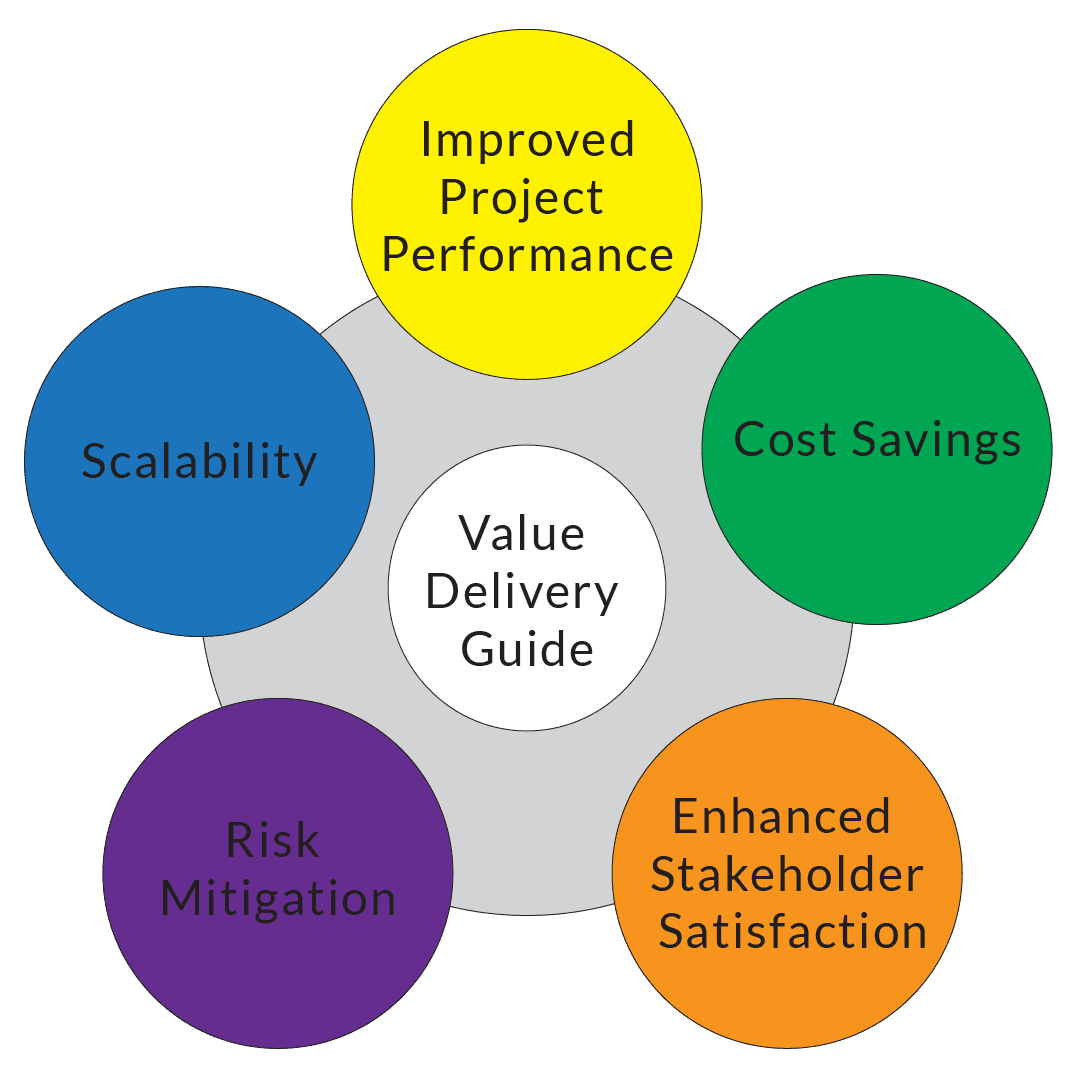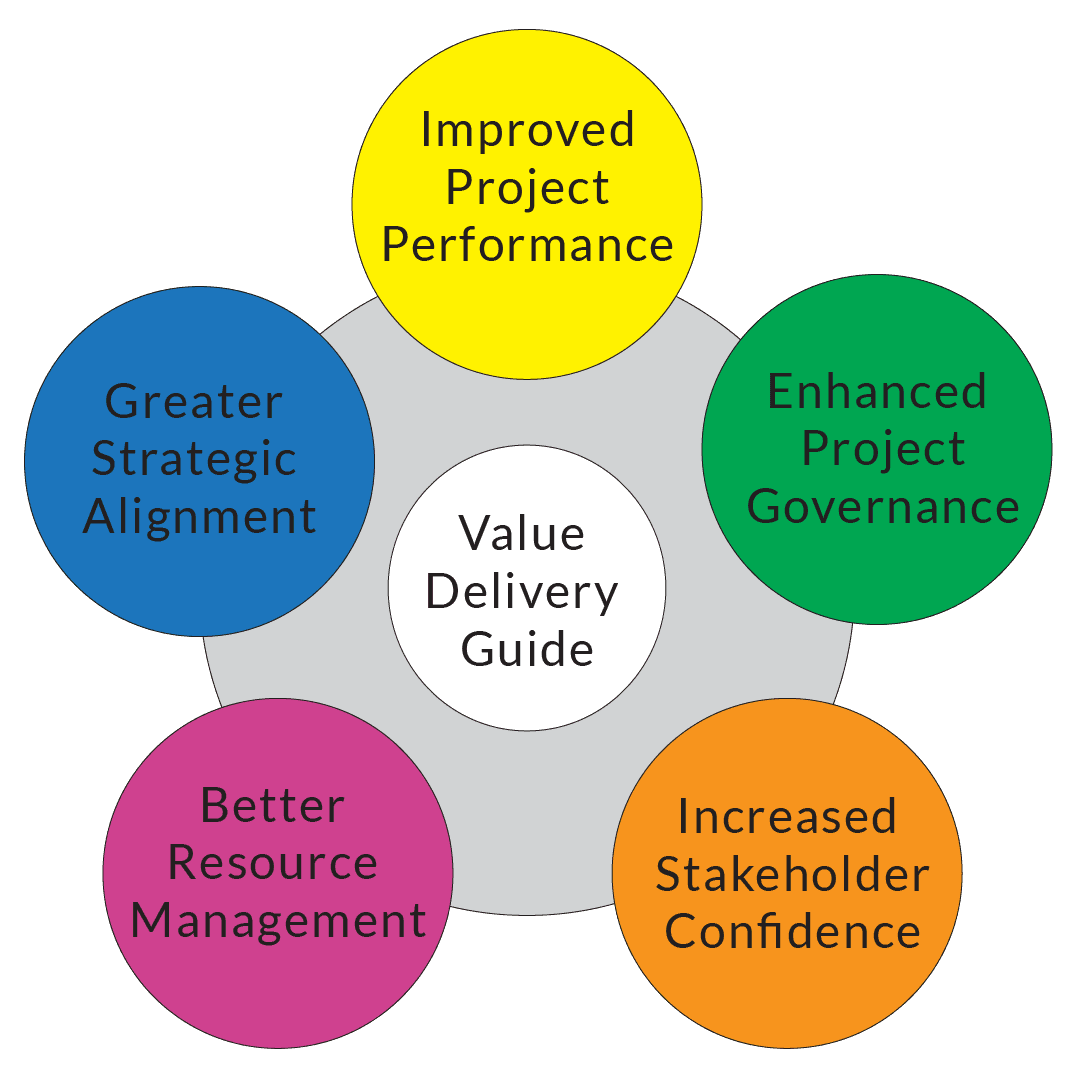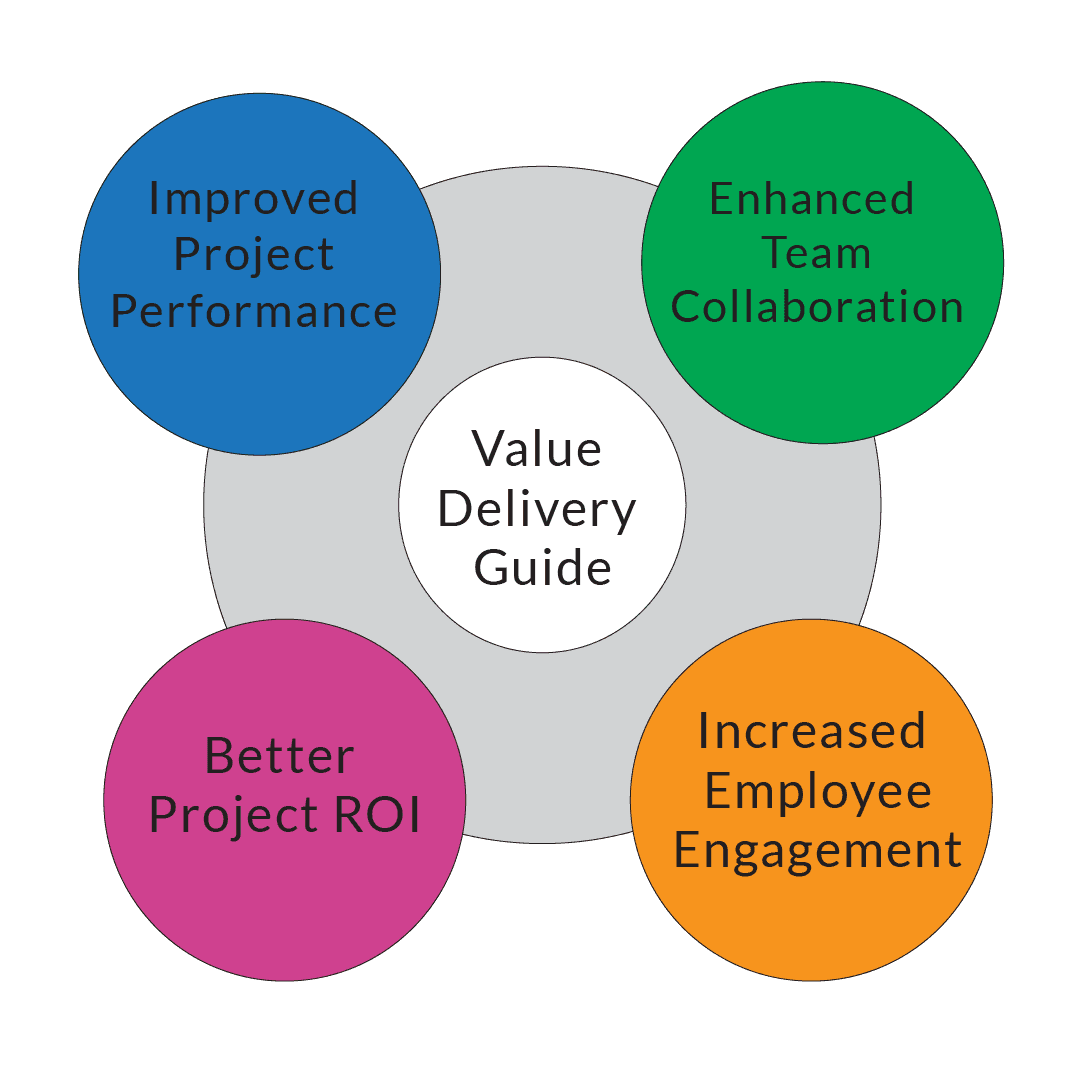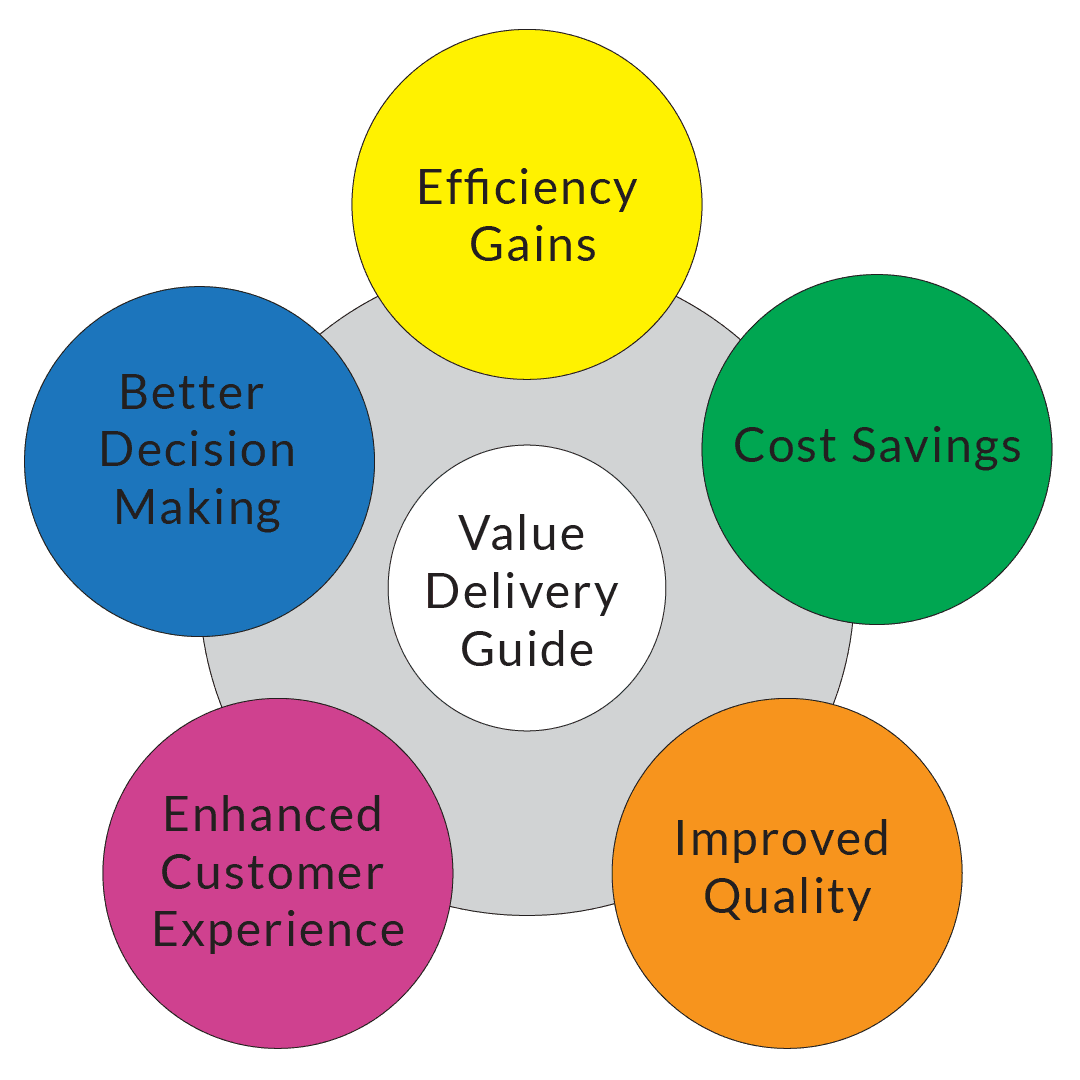Understanding the unique challenges faced by businesses in managing projects, the following bouquet of services and offerings are tailored solutions to help them achieve project success.
Understanding the unique challenges faced by businesses in managing projects, the following bouquet of services and offerings are tailored solutions to help them achieve project success.

Project Management Assessment
Methodology
The Project Management Assessment methodology involves a comprehensive review of the client's current project management practices. It includes interviews with key stakeholders, reviews of project documentation and processes, and analysis of project outcomes.
Execution Process
1
2
3
4
5
6
7
Value Delivery Guide


Project Management Office Setup
Methodology
The PMO Setup methodology involves establishing a centralized and standardized approach to project management within an organization. It includes defining the PMO's roles and responsibilities, establishing project management processes and templates, and providing training and support to project teams
Execution Process
1
2
3
4
5
Value Delivery Guide


Training and Capacity Building
Methodology
The Training and Capacity Building methodology involves assessing the training needs of the client organization, designing customized training programs, delivering the training sessions, and evaluating the effectiveness of the training initiatives.
Execution Process
1
2
3
4
5
Value Delivery Guide


Optimizing Processes with Tech Tools
Methodology
The Process Improvement and Optimization methodology involve identifying inefficiencies in existing processes, leveraging technology tools to streamline and automate these processes, and continuously monitoring and improving them over time. It includes the use of process mapping, data analysis, and technology solutions to achieve operational excellence and enhance organizational performance.
Execution Process
1
2
3
4
5
6
7
Value Delivery Guide


© 2025 Nakol ProjectPro. All rights reserved.